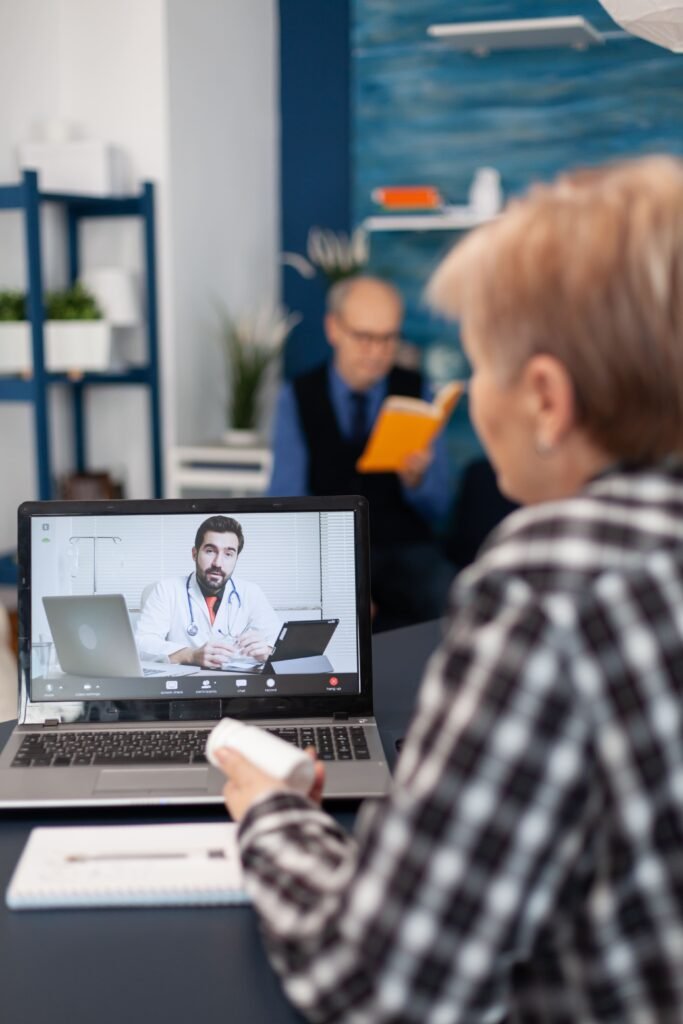FAQ
Do you take insurance?
Good Medics does not accept insurance. We believe in transparent, upfront pricing with no hidden fees, and we’ll show you the cost of your visit before you ever speak with a doctor.
When can I make an appointment?
As soon as your purchase is complete, you’ll get a link to register in the patient portal. From there, you can choose the time that works best for your schedule.
When will I see a doctor?
Most patients are seen within 24 hours. You’ll be able to schedule a telehealth visit right after registering in the portal and completing your forms.
Will I get medications if needed?
Yes. If your provider determines that treatment is appropriate, they’ll send prescriptions to your chosen pharmacy or ship treatments directly to you.
What causes UTIs?
Most UTIs are caused by bacteria entering the urethra from the skin or bowel. Women are more prone due to a shorter urethra.
What are the symptoms?
Burning during urination, frequent urge to urinate, cloudy urine, and pelvic pain are all common signs.
Can UTIs be diagnosed via telehealth?
Yes. Your provider can make a clinical diagnosis based on symptoms and history. Lab tests may be recommended if symptoms are severe or unclear.
How quickly will I feel better?
Most people begin to feel relief within 24–48 hours after starting antibiotics.
Do I need to go in person for testing?
Not usually. Most uncomplicated UTIs can be diagnosed and treated through telehealth. Your provider will tell you if further testing is needed.





